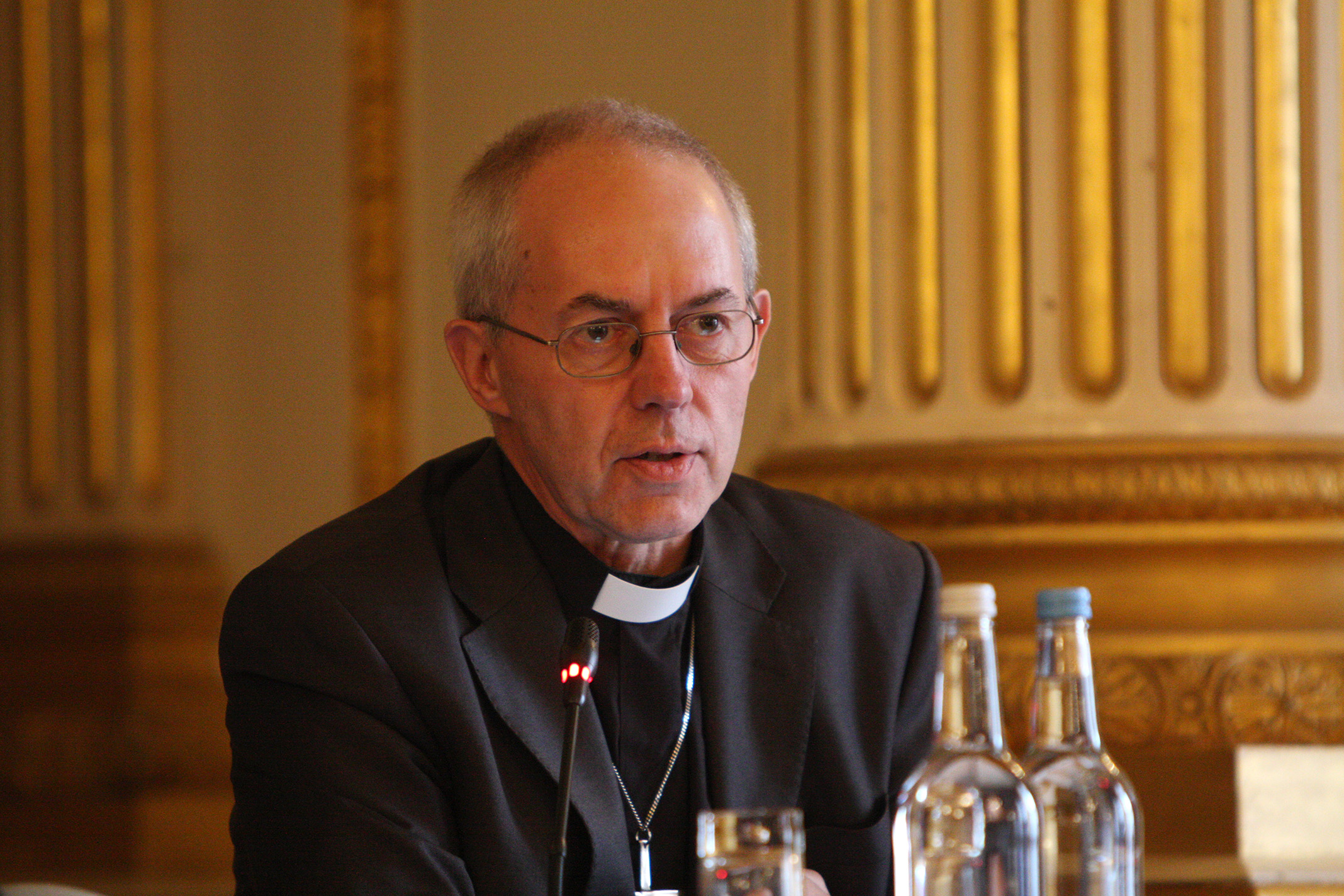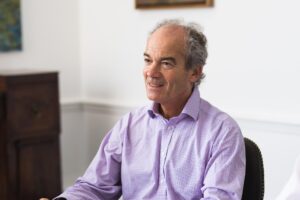 BBC News
BBC NewsBorrowing was £17.4bn last month, the second highest October figure since monthly records began in 1993.

Richard Oldfield
The Makin Review, which led Justin Welby to resign as Archbishop of Canterbury in October, is a horror story. John Smyth beat young men with ferocious violence over several decades. Smyth’s victims suffered appallingly and many continue to suffer. But the editorial comments on Welby in the last edition of Finito World are unfair, particularly about the necessity to ‘face up to the reality that the Archbishop of Canterbury felt the appearance of his function was more important than the function itself’.
Few people who know him would doubt that he worked extraordinarily hard, did his best to hold together an unholdable-together Church of England and Anglican Communion, and had a very high view of his personal responsibility in everything he did.
Welby himself has acknowledged, most recently in his interview with Laura Kuenssberg, that he ‘got it wrong’, ‘needed to resign’, is ‘utterly sorry and feel[s] a deep sense of personal failure’. He also apologised immediately for the idiotic ad lib comment in the House of Lords that his diary secretary was the one to pity: stung by his vilification to make this valedictory speech, he should have stuck carefully to a proper script.
Senior churchmen – with the admirable exception of the Bishop of Dover, Rose Hudson-Wilkin – have not defended him from being on the receiving end of limitless blame and opprobrium. In their behaviour towards him they seem anxious to protect the institution of the Church – ironically an accusation that the Makin Review makes about the Church’s conduct – rather than to behave justly.
Makin made criticisms of Welby under three headings: first, that having known Smyth in the 1970s he must have known what he was up to; second, that he did not enquire vigorously enough about the investigation into Smyth once the horrible saga was reported to him while Archbishop in 2013; and third that he should have agreed to meet victims earlier than he did.
The first of these is speculative. Welby attended several of the Iwerne camping retreats at which Smyth was one of the leaders. As the Smyth victims rarely told anyone what was happening it is perfectly credible that others around at the time did not know – especially at the Iwerne camps where apparently Smyth did not abuse boys as he did on the fringes of Winchester College. The Makin Review concludes at one point that ‘on the balance of probabilities, it is the opinion of the Reviewers that it was unlikely that Justin Welby would have had no knowledge of the concerns regarding John Smyth in the 1980s in the UK’; but later concedes: ‘That is not the same as suspecting that John Smyth had committed severe abuses.’
The second rests largely on Makin’s finding that, although Smyth was reported to the police in 2013, this report was inadequate – it was just a ‘referral’ – because those reporting were not given a crime number. Makin noted that Welby was told by his staff in 2013 that ‘the matter is being dealt with, the Police have been notified and a letter has been sent to the appropriate Bishop in Cape Town’ (where Smyth now was living). With the benefit of hindsight Welby says that he ‘should have pushed harder’. But it was reasonable and proper for him, having been told that it was in police hands, to expect them to get on with it without interference.
Welby should have met victims earlier, and was badly advised that to do so might get in the way of the police investigation. Some feel a sense of personal betrayal on that count.
He should not have had to resign, but it became almost inevitable on the morning of an avalanche of adverse editorials and opeds. He was then treated disgracefully, above all by The Christian Society which publicly announced that it could not accept the Welbys’ personal Christmas donation, as though Welby were himself Smyth. He was not responsible for the horrors inflicted on Smyth’s victims, and he did not cover up. His resignation should be regarded as a reflection of his integrity rather than the reverse.

Richard Oldfield was Seneschal of Canterbury Cathedral from 2014 to 2024